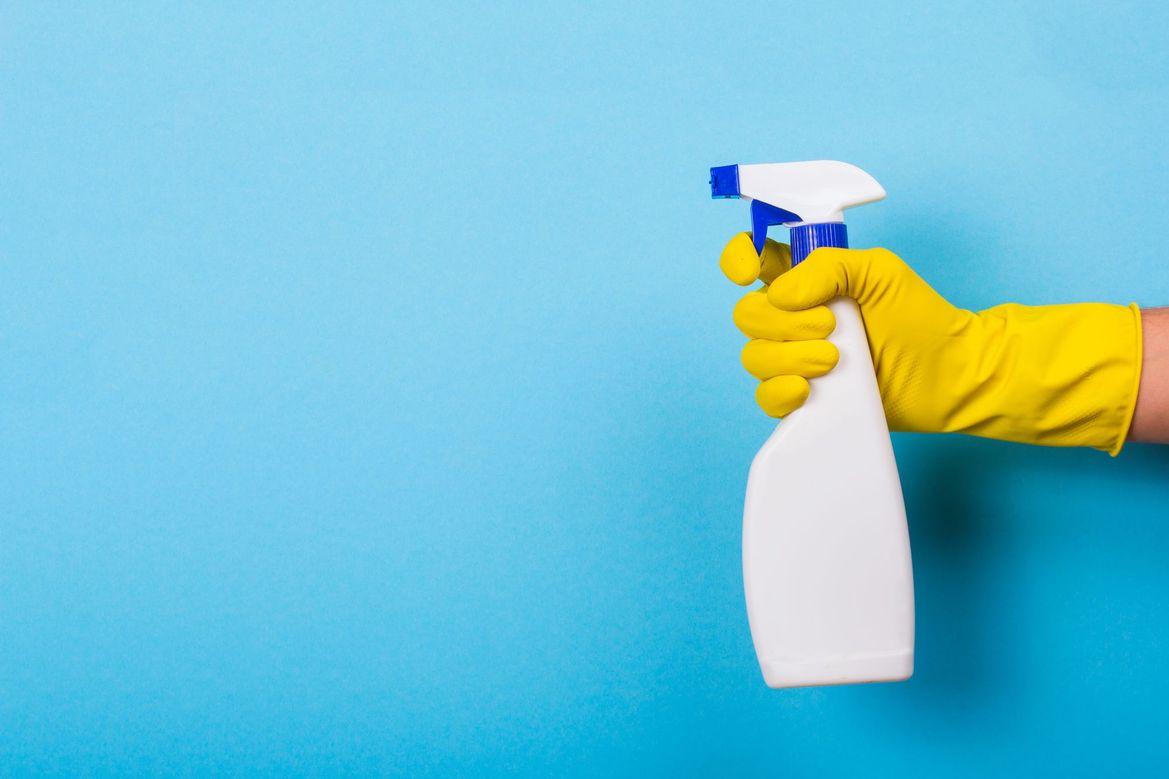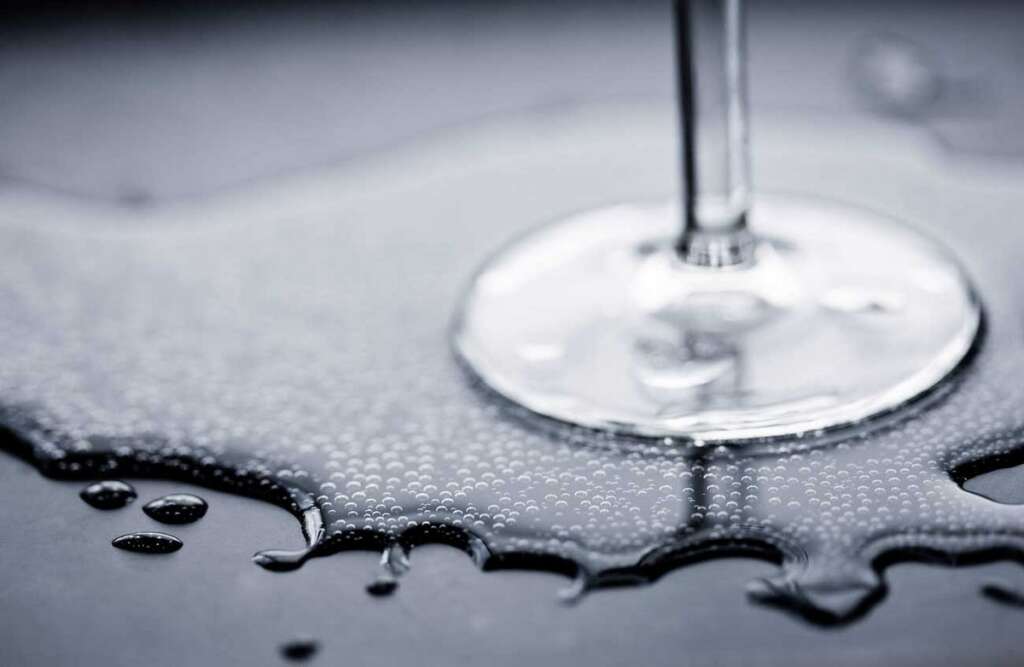Caring for slate countertops
Caring for slate countertops
When it comes to stone countertops, slate is one of the most traditional materials you can choose especially for your kitchen countertops. It predates the popularity of darker granite slabs as slate was the dominant stone of choice for most North American households.
Slate is a natural stone with a metamorphic nature which means that the stone will undergo changes with the passage of time. If you take good care of them, slate countertops look better as they age. If you want to keep your slate countertops in their best condition you will need to learn how to properly maintain them. The following steps can help you develop a care routine that will ensure your slate doesn’t get damaged through everyday use.
1. Protective Measures

Protecting your slate surfaces is an essential part to ensuring their longevity. Like all natural stones, slate requires a regular applying of protective sealant. However, since slate has a layered structure the biggest danger your countertops will face is extreme heat. As a foliated stone, slate is composed of several compressed layers that can separate when they’re exposed to extreme heat conditions.
You can prevent this from happening by taking care not to place hot objects directly on a slate countertop; instead place hot pots and pans on mats or trivets to protect the counter. If you have slate countertops in your bathroom take care not to place any hot hair-styling tools (such as straighteners or curling irons) directly on its surface. Instead, invest in a hanging holder to house this type of tool.
2. Use Appropriate Cleaners

Most common household cleaners are not suitable to be used on slate countertops. Cleaning products that are used for cleaning steel, laminate or ceramic can cause irreversible damage to natural stone as their pH level is usually too corrosive for the stone to withstand. Additionally, avoid using abrasive cleaners as they can easily strip away the stone’s seal leaving it vulnerable to damage. There are many cleaners specifically aimed for use on slate and granite countertops that will keep them clean without damaging them.
3. Keep Them Dry

If your home has hard water you’ll need to keep your slate countertops dry in order to avoid a build-up of hard water deposits. These deposits are the result of water that has a high calcium carbonate content which means that the white stains it creates will be very visible and difficult to remove from the dark textured surface of slate.
Maintaining your countertop’s seal regularly and wiping away any water spill as soon as they happen will help keep your countertops in good condition. If you have a slate countertop with a highly polished finish the best way to make sure there’s no water remaining on the surface is to buff the slab until it has a shine.
4. Remove Stains Immediately

Removing stains from your slate countertops as soon as they happen is crucial. If you have slate in your kitchen, stains can be caused by coffee, tea, wine, fruit juice and other substances with a strong natural pigment. Clean any spills immediately and don’t place chopped vegetables such as carrots directly on the counter. Slate countertops in the bathroom can be stained by makeup such as powders, eye shadows and lipstick as well as nail polish and various creams.
The first thing you should do is clean the stains with a natural stone cleaner. Oil stains that don’t come out after this should be treated with a mixture of acetone and baking soda. The mixture should have a paste consistency and be left on the stain for 24 hours. Wash off the paste with water and reseal the stone. Organic stains can be treated with bleach-soaked cotton balls or towels. They should also be left on for 24 hours after which the stone needs to be rinsed and resealed.